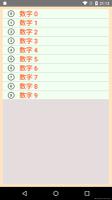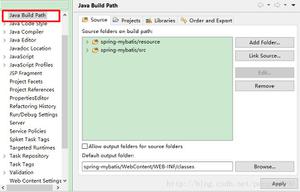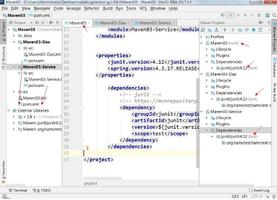Android ListView自动显示隐藏布局的实现方法
借助View的OnTouchListener接口来监听listView的滑动,通过比较与上次坐标的大小,判断滑动方向,并通过滑动方向来判断是否需显示或者隐藏对应的布局,并且带有动画效果。
1.自动显示隐藏Toolbar
首先给listView增加一个HeaderView,避免第一个Item被Toolbar遮挡。
View header=new View(this);
header.setLayoutParams(new AbsListView.LayoutParams(
AbsListView.LayoutParams.MATCH_PARENT,
(int)getResources().getDimension(R.dimen.abc_action_bar_default_height_material)));
mListView.addHeaderView(header);
//R.dimen.abc_action_bar_default_height_material为系统ActionBar的高度
定义一个mTouchSlop变量,获取系统认为的最低滑动距离
mTouchSlop=ViewConfiguration.get(this).getScaledTouchSlop();//系统认为的最低滑动距离
判断滑动事件
bbsListView.setOnTouchListener(new OnTouchListener() {
@Override
public boolean onTouch(View v, MotionEvent event) {
switch (event.getAction())
{
case MotionEvent.ACTION_DOWN:
mFirstY=event.getY();
break;
case MotionEvent.ACTION_MOVE:
mCurrentY=event.getY();
if(mCurrentY-mFirstY>mTouchSlop)
direction=0; //listView向下滑动
else if(mFirstY-mCurrentY>mTouchSlop)
direction=1; //listView向上滑动
if(direction==1)
{
if(mShow)
{
toolbarAnim(1); //隐藏上方的view
mShow=!mShow;
}
}
else if(direction==0)
{
if(!mShow)
{
toolbarAnim(0); //展示上方的view
mShow=!mShow;
}
}
case MotionEvent.ACTION_UP:
break;
}
return false;
}
});
}
属性动画
protected void toolbarAnim(int flag)
{
if(set!=null && set.isRunning())
{
set.cancel();
}
if(flag==0)
{
mAnimator1=ObjectAnimator.ofFloat(mToolbar,
"translationY", linearView.getTranslationY(),0);
mAnimator2=ObjectAnimator.ofFloat(mToolbar, "alpha", 0f,1f);
}
else if(flag==1)
{
mAnimator1=ObjectAnimator.ofFloat(mToolbar,
"translationY", linearView.getTranslationY(),-linearView.getHeight());
mAnimator2=ObjectAnimator.ofFloat(mToolbar, "alpha", 1f,0f);
}
set=new AnimatorSet();
set.playTogether(mAnimator1,mAnimator2);
set.start();
}
//上面为位移还有透明度属性动画
使用的时候theme要用NoActionBar的,不然会引起冲突。同时引入编译
dependencies{
compile fileTree(include:['*.jar'],dir:'libs')
compile 'com.android.support:appcompat-v7:21.0.3'
}
2.当要隐藏和显示的组件不是toolbar,而是我们自定义的布局myView时,需要注意一些点,
(1) 布局要用相对布局,让我们自定义的布局悬浮在listView上方。
(2)避免第一个Item被myView遮挡,给listView增加一个HeaderView,此时需要测量myView的高度,要用下面这种方法,把任务post到UI线程中,不然执行会出错。
final View header=new View(this); //给listView增加一个headView,避免第一个item被遮挡 header.post(new Runnable() {
public void run() {
header.setLayoutParams(new AbsListView.LayoutParams( AbsListView.LayoutParams.MATCH_PARENT, myView.getHeight()));
}
});
其他的与toolbar一样
以上所述是小编给大家介绍的Android ListView自动显示隐藏布局的实现方法,希望对大家有所帮助,如果大家有任何疑问请给我留言,小编会及时回复大家的。在此也非常感谢大家对网站的支持!
以上是 Android ListView自动显示隐藏布局的实现方法 的全部内容, 来源链接: utcz.com/z/340288.html









